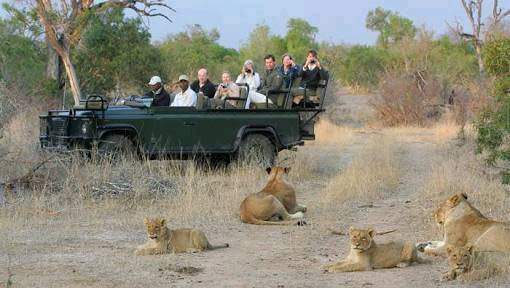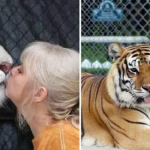As I watched NatGeo Wild, I couldn’t help but wonder why wild predators like lions, leopards, and tigers don’t attack humans in safari vehicles. Despite their ferocity, these animals seem to ignore the vehicles and their occupants. I decided to investigate and uncovered some fascinating explanations.
Scientific research reveals that wild predators focus more on predator-prey dynamics than individual prey. When they see a safari vehicle, they perceive it as a single, large entity, rather than individual humans. This perception makes them less likely to attack, as they assume the vehicle is a more powerful entity than themselves.
Lions and panthers, for example, avoid attacking adult rhinos and elephants due to their size and perceived power. Similarly, they don’t attack humans in safari vehicles because they assess the risk as not worth taking. It’s not fear, but a calculated decision based on their predator-prey dynamics.
However, if an individual in the vehicle stands up or moves away from the group, the predator may become curious and approach. This is why seasoned travelers and tourists are advised to remain still and quiet when near these creatures. By doing so, they convince the predators that they are a single, harmless entity.
Some private game reserves train wild predators to become accustomed to human presence through habituation. They gradually expose the animals to safari vehicles and people, reducing aggression over time. In cases where predators struggle to adjust, they are transferred or removed to maintain safety….Seë_Morë







